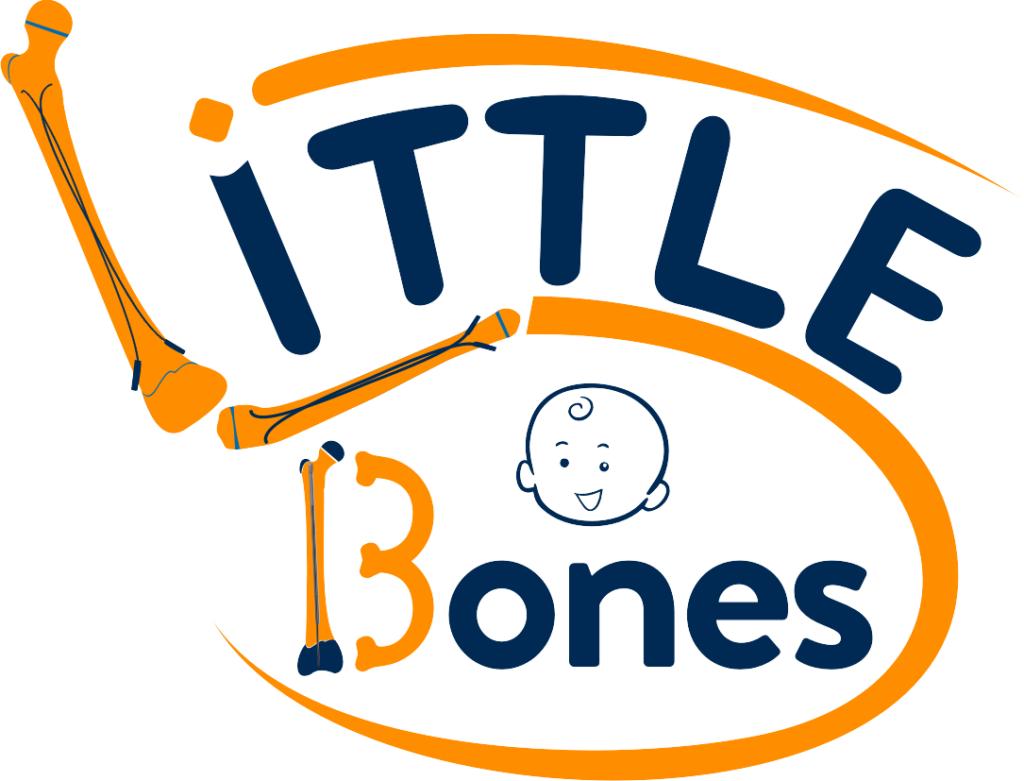Syndactyly Treatment in Indore
Home » Syndactyly Treatment in Indore
Best Syndactyly Treatment in Indore
Pyndactyly is a rare congenital condition characterized by the fusion of two or more fingers or toes. It is a type of syndactyly, which occurs when digits fail to separate during fetal development. Pyndactyly can affect both hands and feet and may involve varying degrees of fusion, from partial to complete. The condition can occur independently or as part of a genetic syndrome. Pyndactyly can impact hand and foot function and may also cause cosmetic concerns.
Treatment
Treatment for pyndactyly depends on the severity of the fusion and its impact on hand or foot function. In mild cases where the fusion does not interfere with function, treatment may not be necessary. However, if pyndactyly affects hand or foot function or causes cosmetic concerns, surgical intervention may be recommended. The goal of surgery is to separate the fused digits and reconstruct the affected area to restore function and achieve a cosmetically pleasing result. The timing and approach to surgery will vary depending on the individual’s age, health, and specific circumstances.
Why Choose Us
At Little Bones, we specialize in the diagnosis and treatment of congenital hand and foot anomalies, including pyndactyly. Our team of experienced pediatric orthopedic surgeons and hand specialists is dedicated to providing compassionate and comprehensive care to children with pyndactyly. We offer personalized treatment plans tailored to each child’s unique needs, with a focus on achieving optimal outcomes and improving quality of life. With our expertise and commitment to excellence, you can trust us to provide the highest level of care for your child with syndactyly.
For syndactyly treatment in Indore, seek the expertise of a skilled pediatric surgeon. Dr. Pushpvardhan Mandlecha, a leading pediatric surgeon in Indore, offers advanced care for children with syndactyly, ensuring precise and compassionate treatment. His specialized approach helps restore hand function and appearance, promoting better outcomes for young patients.
Frequently Asked Questions
Pyndactyly can have a genetic component and may run in families. However, it can also occur sporadically without a family history of the condition.
Pyndactyly is typically diagnosed based on a physical examination and medical history. Imaging studies, such as X-rays, may be used to evaluate the extent of fusion and plan surgical treatment if necessary.
Like any surgical procedure, pyndactyly surgery carries risks, including infection, bleeding, and scarring. However, these risks are generally low, and our surgical team takes every precaution to minimize them and ensure the best possible outcome.
Physical therapy may be recommended after pyndactyly surgery to help promote healing, improve range of motion, and strengthen the affected hand or foot. Our team will work closely with you and your child to develop an individualized rehabilitation plan as needed.
Schedule an Appointment
If you have questions about pyndactyly or if your child has been diagnosed with this condition, please don't hesitate to contact us. Our team is here to provide expert guidance and support and to help you make informed decisions about your child's care. Schedule a consultation today to learn more about our services and how we can help your child thrive.
Call Us
+917827028020
Email Us
drpushp@yahoo.com
Visit Us
219, Benchmark Business Park, Near Satya sai Square, Vijay Nagar Indore.
